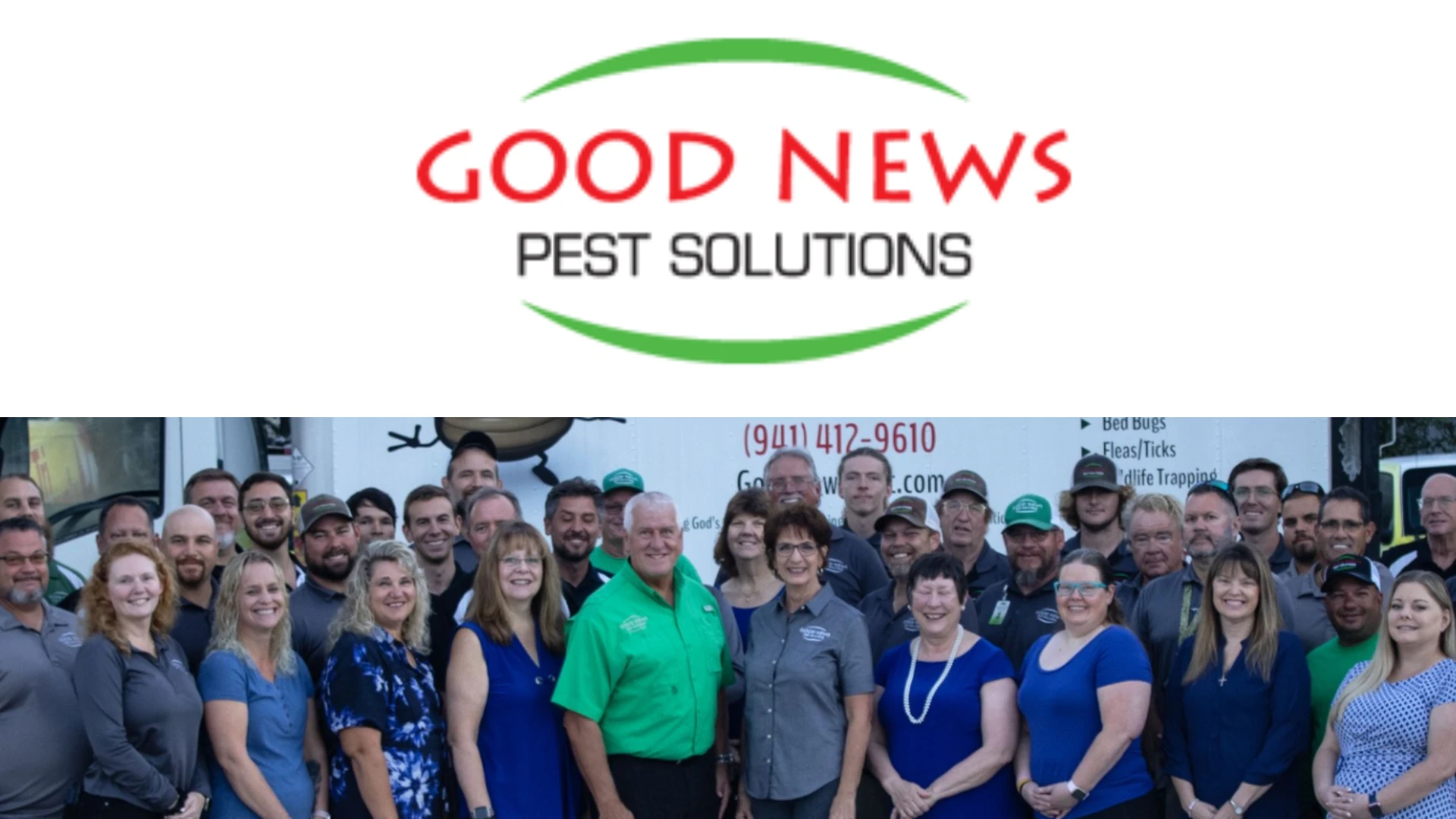The March 2000 issue of News From National from the National Pest Management Association (NPMA) contained an interesting statement: "The Professional Pest Management Alliance (PPMA) will roll out a comprehensive, national public relations strategy designed to promote the valuable and necessary services provided by professional PCOs." My concern is about the word "professional." In what context is NPMA referring to professional PCOs? Is it the industry, leadership, technicians or all of the above?
Pest management is not a profession in which everyone is successful. Today, the industry is very demanding in terms of technical knowledge, especially as it relates to pest identification, biology, habits and management strategies.
That we are a professional industry is beyond a doubt. It is important, however, to remember that this professionalism is only a reflection of the people who work within the industry. In my opinion, our technicians have never earned the respect they deserve as protectors of food, property, health and environment.
Each year PCT magazine recognizes 10 industry professionals, including "the professional of the year." But who are these individuals? Most are successful businesspersons who have distinguished themselves by their contributions to the industry. But I cannot help reflect on how most of them have achieved their success — by the efforts of their staff and technicians. While most of them readily acknowledge this, except for Service Technician magazine’s "Technician of the Year" awards, little has been done to ensure that technicians are recognized for their professionalism.
Although I wholeheartedly support NPMA and state association industry awareness campaigns, TV commercials and radio spots, these types of promotional efforts will not create a professional industry. Although I have much respect for many of the past and present leaders of our industry, they are not what makes this a professional industry. Professionalism within our industry will be measured by the expertise of our technicians and how they conduct themselves.
PROPER RECOGNITION. Webster’s New World Dictionary defines professional as, "of, engaged in, or worthy of the high standards of a profession; of having much experience and great skill in a specified role." This definition aptly fits many of the service technicians within our industry. Unfortunately, their professionalism is not recognized by either the industry or consumers. The reason? Our industry has failed to recognize those individuals who have "much experience and great skill" as pest management technicians.
Except for a few companies that have in-house programs, there is no national program to recognize professional technicians within the industry. Some would consider state certification as adequate recognition; however, certification requirements vary significantly among the states. Training materials and tests often are antiquated and many have yet to emphasize Integrated Pest Management. In addition, while most states require experience, there is no requisite training as part of the certification process. Finally, continuing education requirements and programs lack consistency and requirements are rarely broad enough in scope to ensure that professional technicians are keeping abreast with new technology.
ESTABLISHING STANDARDS. About six years ago, NPCA (now NPMA) set out on a bold initiative to establish a pest management professional credentialing program patterned after the ASE (Automotive Service of Excellence) credentialing process for automotive technicians. This program was designed to test and recognize the skill and professional competence of technicians. It was designed as a national program; it established standards, provided for continuing education and linked technician professionalism with the industry.
Association members, state regulatory officials, the Environmental Protection Agency and other interested parties collaborated on the development of the NPCA program. As the program developed, industry support was solicited and the concept was embraced by all but a few. It is my opinion that the motives of those who did not support credentialing were self-serving. I would be interested to hear these naysayers’ comments about the industry awareness campaign; I doubt they are any more supportive.
Credentialing offers professional pest management technicians opportunities to demonstrate their knowledge and a chance to prove that they have achieved an established standard of excellence. In so doing, they would earn the recognition of their peers and others. Ultimately, the public would be provided a method of recognizing technicians and companies that have gone the extra distance. The question still remains, however, how can this type of program be provided to technicians?
The most likely resources are national and/or state associations. Unfortunately, several years ago NPMA’s attention turned to other needs. If NPMA is no longer willing to step up to the plate on this one, perhaps state associations can fulfill the need. In order to fill the need, some state associations are looking at creating training and credentialing programs within their associations. Recently, Don Rivard of the New England Pest Control Association indicated that his association was pursuing a technician’s program with an IPM theme. They prefer to establish an association program (a concept I wholeheartedly support) in lieu of having some form of IPM legislated and regulated by the states.
To sell an industry awareness campaign to consumers, we need a quality product. I don’t think the public will be impressed by an industry that merely proclaims its professionalism. We need to demonstrate our professionalism by creating professional standards and recognition for the professional technicians who serve the public.
The author is technical director of American Pest Management, Takoma Park, Md. He can be reached at rkramer@pctonline.com or 301/891-2600.
WANT MORE?
Enter your email to receive our newsletters.

Explore the April 2000 Issue
Check out more from this issue and find your next story to read.
Latest from Pest Control Technology
- NPMA Announces Unlimited Job Postings for Members
- Kwik Kill Pest Control's Neerland on PWIPM Involvement, Second-Generation PCO
- Webinar: Employee Incentives — Going Beyond the Annual Raise
- Pest Control Companies Helping Neighbors in Need Eradicate Bed Bugs
- Why Does Marketing Feel So Opaque?
- How Did This Pest Get Its Name?
- Rose Pest Solutions Honors Top Performers with Annual Chief’s Club Awards
- Doug Foster on Termite Control Equipment, Resources






